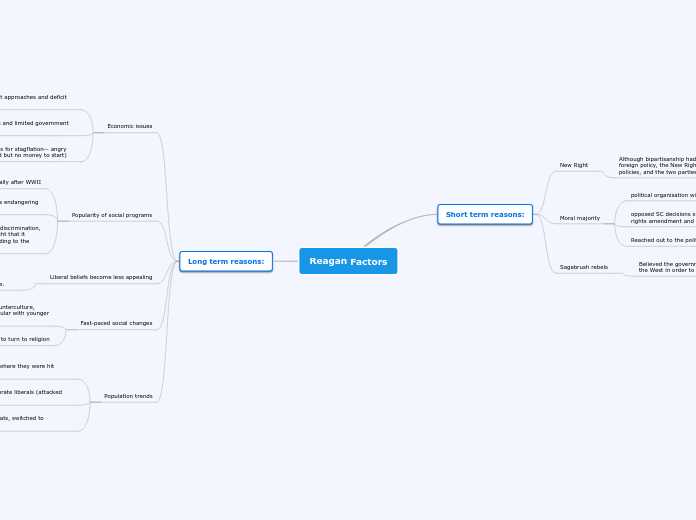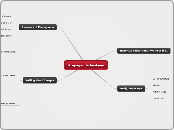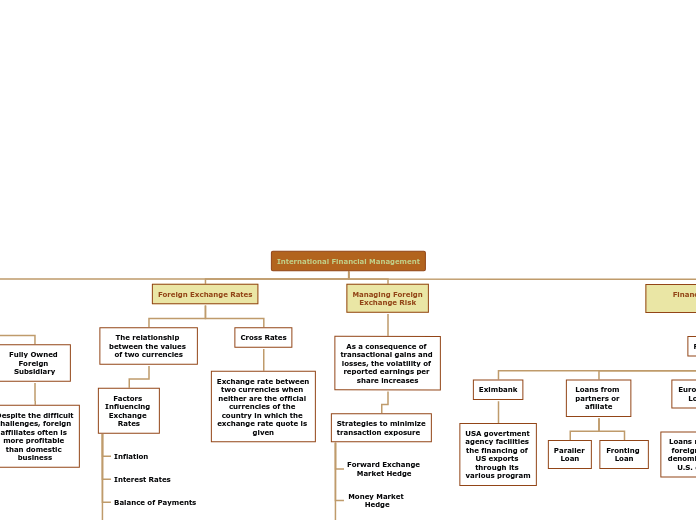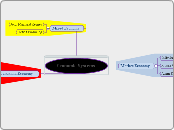por India Franklin 6 anos atrás
166
Regan hw
During a period of rapid change and ideological division in the United States, several factors contributed to the political environment that favored leaders like Reagan. In the short term, groups like the Moral Majority mobilized politically inactive individuals by opposing Supreme Court decisions and advocating for religious values.









